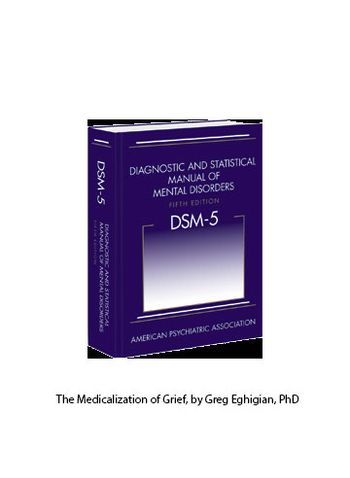
What therapy is considered the "gold standard” in treating childhood and adolescent depression? Find out in this quiz,

What therapy is considered the "gold standard” in treating childhood and adolescent depression? Find out in this quiz,

Metabolic syndrome may be a particularly important marker of antipsychotic metabolic effects.

Elderly patients represent approximately what percentage of the population with bipolar disorder? Take the quiz and learn more.

Do persons with depression and a history of early life trauma benefit more from psychotherapy or pharmacotherapy? Take the quiz and learn more.

Featuring this year in Rorschach tests at Psychiatric Times.

Which addictive disorders do not yet have effective pharmacotherapy? Take the quiz and learn more.

Are suicide rates higher or lower during holidays such as Thanksgiving and Christmas? Take the quiz and learn more.

What are common interventions and frequent components of CBT programs? Take the quiz and learn more.

When acute, severe adverse effects from a pre-switch antipsychotic occurs, what strategy is recommended? Take the quiz and learn more.

What percentage of patients hospitalized for depression eventually die by suicide? Learn more in this quiz.

What percentage of depressed patients are resistant to treatment with conventional antidepressant medication?

Whether by traditional means or via cyberspace, bullying and peer victimization put adolescents at increased risk for suicide, especially when comorbid psychopathology is present.

In what psychiatric disorder, if any, has wake therapy been useful to alleviate symptoms? Take the quiz and learn more.

An infographic on the most common unexpected claim denials in medicine, with a focus on psychiatry.

Are psychiatrists mandated to report patient self-disclosures of child abuse in every case? The answer might surprise you.

Despite the growing body of evidence that supports the existence of a specific epidemiological, genetic, and neurobiological relationship between OCD and schizophrenia, the association remains poorly understood. Here, a brief overview.

True or false: Head injury is a biological component of intimate partner violence perpetration. Take the quiz and learn more.

What do you include in your differential diagnosis if you suspect Munchausen syndrome? Take the quiz and learn more.

Compared with healthy controls, is the prevalence of EEG abnormalities in psychiatric patients different than in healthy controls? Take the quiz and learn more.

What is your first impression of this image and why?

Agree or disagree: Physicians who have a need to make a public statement should not do so using social media. Take the poll and see how your colleagues voted.

This video features a particularly poignant section of a Q&A between National Council for Behavioral Health President and CEO Linda Rosenberg and NatCon 2014 Keynote Speaker Hillary Rodham Clinton, on suicide.

What's your first impression of this Rorschach-type image? Is there a place for Rorschach measures in assessing psychotic functioning?

Vice President of the United States Joe Biden spoke at this year's American Psychiatric Association Annual Meeting in New York. Here, a video clip from his speech.

The removal of the so-called “bereavement exclusion” (BE) from DSM-5 was one of the most difficult and controversial decisions the DSM-5 work groups made, and many clinicians continue to find the distinction between ordinary grief and major depression confusing.

What medications are FDA approved for alcohol dependence? Take the quiz and learn more.

What is your first impression of this ink blot?

Here are a few of this year's popular features on our website, in no particular order.

Rorschach, inkblots. . . what do you see here?

A list of recent articles highlighting the complexity of psychiatric and systemic illness, both in terms of overlapping clinical presentation and in the degrees to which systemic illness and psychiatric illness affect each other.